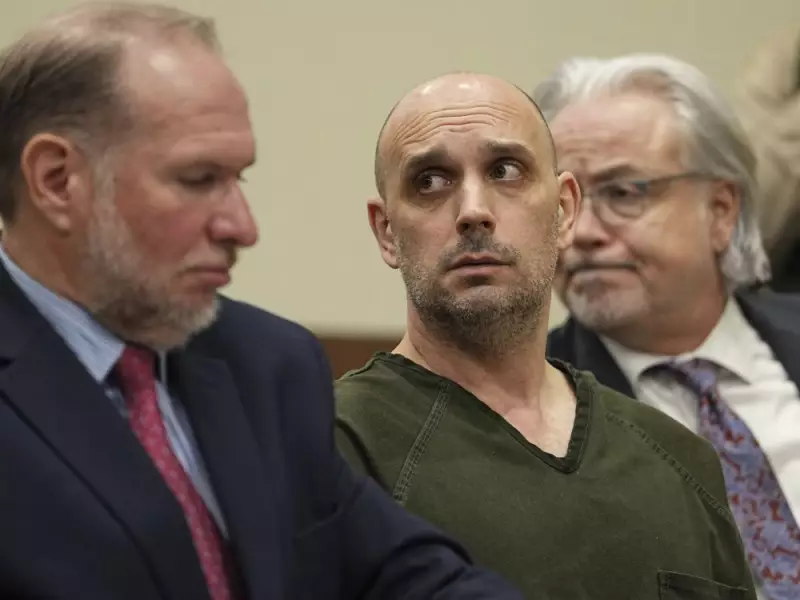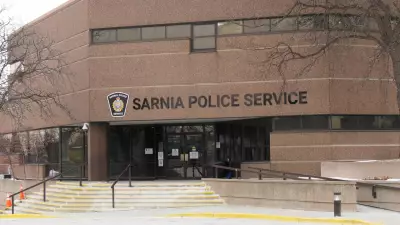
A significant legal development has occurred in the case surrounding the tragic deaths of NHL star Johnny Gaudreau and his brother Matthew. The judge overseeing the trial has ruled that the defendant's confessions can be used as evidence.
Key Ruling on Confessions
New Jersey Superior Court Judge Michael Silvanio ruled on Monday that statements made by Sean M. Higgins were given voluntarily and are therefore admissible in court. This decision came after defence lawyers argued that Higgins was not properly read his Miranda rights following the fatal crash on August 29, 2024.
Prosecutors countered this claim, stating that Higgins was read his rights both at the scene of the incident and later at the police station. They presented evidence that he indicated he understood these rights and agreed to speak with officers.
Courtroom Testimony and Evidence
During proceedings on October 29 in Salem County, New Jersey, the court heard testimony from four police officers who responded to the crash. Body camera footage was also presented, showing Higgins in a state of distress after the incident.
New Jersey State Police Sgt. Kenneth Flanegan testified that upon arriving at the scene, he encountered Higgins who appeared "frantic" and immediately stated, "I hit them. I hit them." Paramedics confirmed at the scene that the Gaudreau brothers showed no signs of life.
Additional footage showed Higgins explaining to Trooper Zachary Harding how the crash occurred. He claimed he had attempted to pass a slow-moving vehicle and was forced back into his lane, where he struck the two cyclists.
Alcohol Involvement and Legal Consequences
Testimony revealed that officers detected an odor of alcohol on Higgins' breath. According to court records, his blood-alcohol level was 0.087, exceeding New Jersey's legal limit of 0.08.
In hospital footage where his blood was being drawn for testing, Higgins made telling statements, including "My life is over" and that he had consumed "five or six drinks" earlier, though he claimed his last beer was about two hours before the incident.
Judge Silvanio noted that Higgins was observed on body camera footage moving freely at the scene, using his cellphone, and smoking cigarettes, supporting the conclusion that his statements were made voluntarily without coercion.
Higgins has pleaded not guilty to charges including reckless vehicular homicide and aggravated manslaughter. He faces up to 70 years in prison if convicted on all counts, having previously rejected a plea deal that would have resulted in a 35-year sentence.





